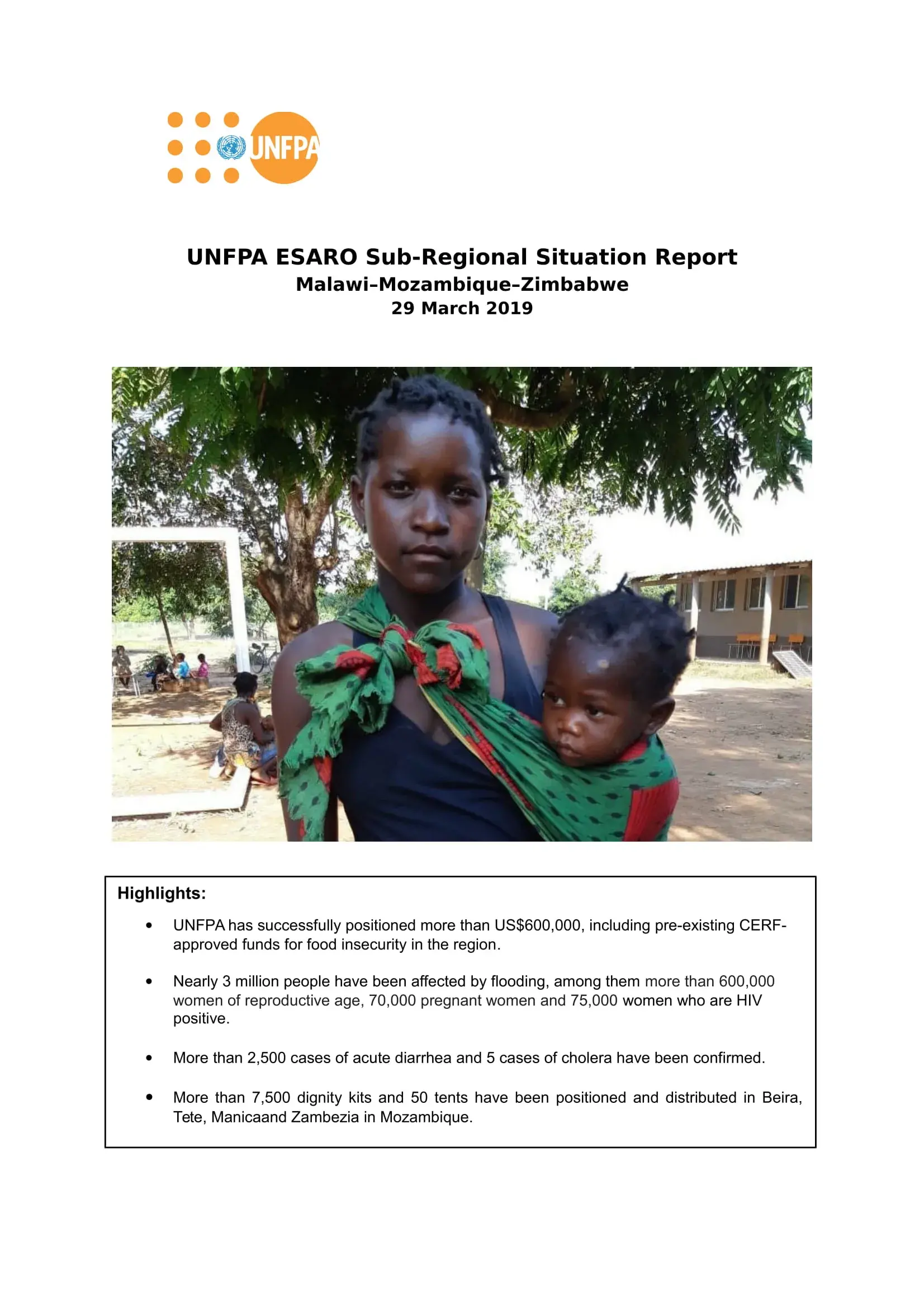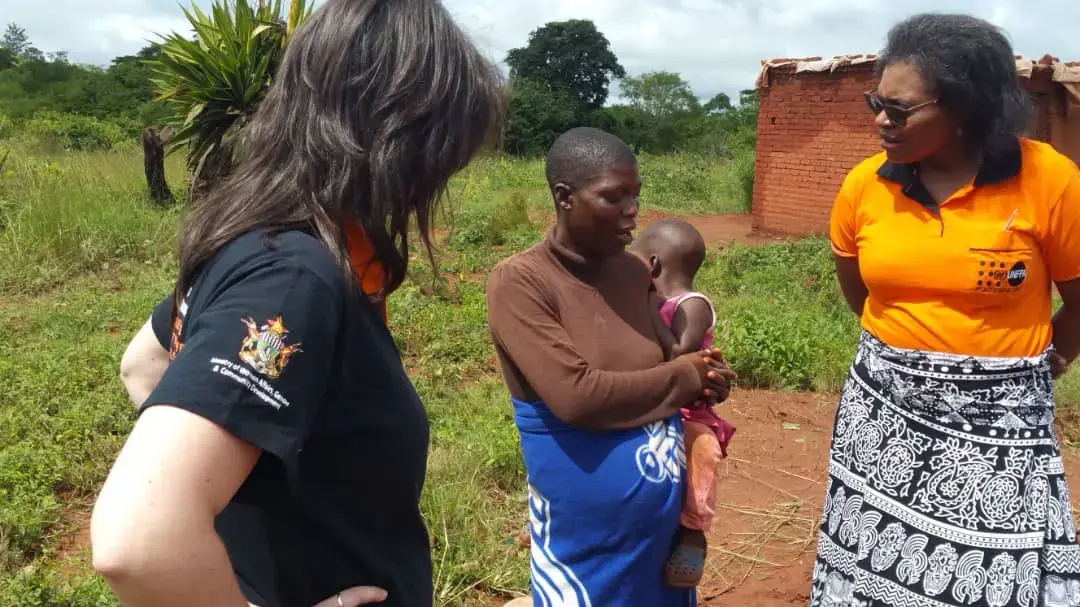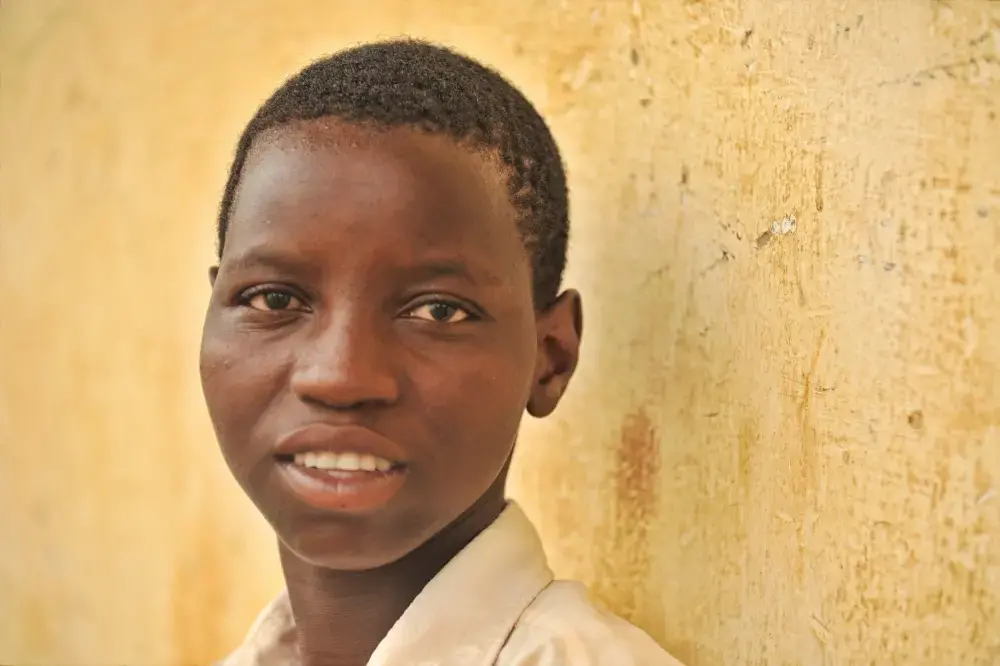Thandeka (14)* an asthmatic student in rural Matabeleland South was recently barred from going on a school tour because the teachers felt she would be a "burden" to the group.
She faced a heartbreaking reality that many children with chronic health conditions experience – being denied the chance to participate in school excursions and other activities of interest to them.
This is a common challenge for children with health-related special needs across Zimbabwe, as schools often do not fully utilize their school health coordination teams thus, denying them the right to be included in educational activities.
Despite the existence of Zimbabwe School Health Policy and collaborative structures linking the education and health sectors, attitudes of school personnel often result in exclusion rather than inclusion.
To address this problem, the Ministry of Primary and Secondary Education, with support from the United Nations Population Fund (UNFPA) under the Health Resilience Fund (HRF) programme convened workshops with junior members of Parliament and councillors in all the 10 provinces on pupil Safeguarding under the Safe to Learn Initiative.
It is through these workshops that Thandeka's story came to light.
These workshops serve as a platform for child participation in discussing and addressing issues related to inclusive education including the rights of marginalised children.
The workshops aimed at enhancing compliance through the correct interpretation and implementation of pupil safeguarding circulars, strengthen capacity for internal and external supervision, inspection and compliance, and empower pupils to be the champions for their own safeguarding rights.
Thandeka's experience underscores the urgent need for comprehensive implementation and awareness raising of the policies that encourages inclusivity, highlighting the gaps that still exist in ensuring the inclusive participation of all pupils in educational activities.
"I was so excited when the school announced the trip, but my dreams were crushed when the teachers said I couldn't go, they said my asthma would be too much to handle, and I would slow the group down. I felt left out and hurt." Thandeka shared.
Thandeka's mother, Sibongile, was outraged by the school's decision. "My daughter has the same right to learn and explore the world as any other child. Just because she has a chronic illness, it doesn't mean she should be excluded. This is a clear violation of her rights."
Chief Director in the Ministry’s Learner Welfare and Psychological Services (LePS) department, Ms. KRL Nyanungo says such discrimination is in violation of the Constitution of Zimbabwe which is the basis for pupil safeguarding circulars.
“Zimbabwe is a signatory to the global Safe to Learn campaign and Thandeka’s experience should serve as a lesson on what schools should not do.
“This story highlights the importance of empowering pupils, parents, local leadership through up-to-date information so that school leaders and the entire system is held accountable for ensuring that no pupil and no place is left behind on upholding the rights of all children in schools.
“It is unfortunate that our pupils, parents and the wider community are not aware of the Ministries Command Centers, toll-free lines because this could have been reported and resolved before the school excursion,” says Ms Nyanungo.
When Thandeka's schoolmates shared their memories and pictures from the trip. she could not help it but feel a sense of longing and exclusion. "I wish the teachers had at least tried to accommodate me. I could have brought my inhaler and followed the group at my own pace. But they didn't even give me a chance."
The fight for inclusive education in Zimbabwe continues, and Thandeka's story is a poignant reminder of the work that still needs to be done to ensure that every child, regardless of their abilities, has the opportunity to explore, learn, and grow.
The workshops, organised by the MOPSE and UNFPA with junior members of Parliament and councillors, aimed to address these challenges and empower the education community to champion the rights of all pupils. The junior leaders are expected to cascade information to fellow pupils in their jurisdictions so that they become the champions for their own safeguarding rights.
The HRF programme is a pooled funding mechanism supported by the European Union (EU), Governments of UK, Ireland and Gavi the Vaccine alliance.
*Name changed to protect the identity of the child.
To report any safeguarding issues pupils and stakeholders can call Toll-free 317 and 393
By Rainos Mukanya from the Ministry of Primary and Secondary Education.





